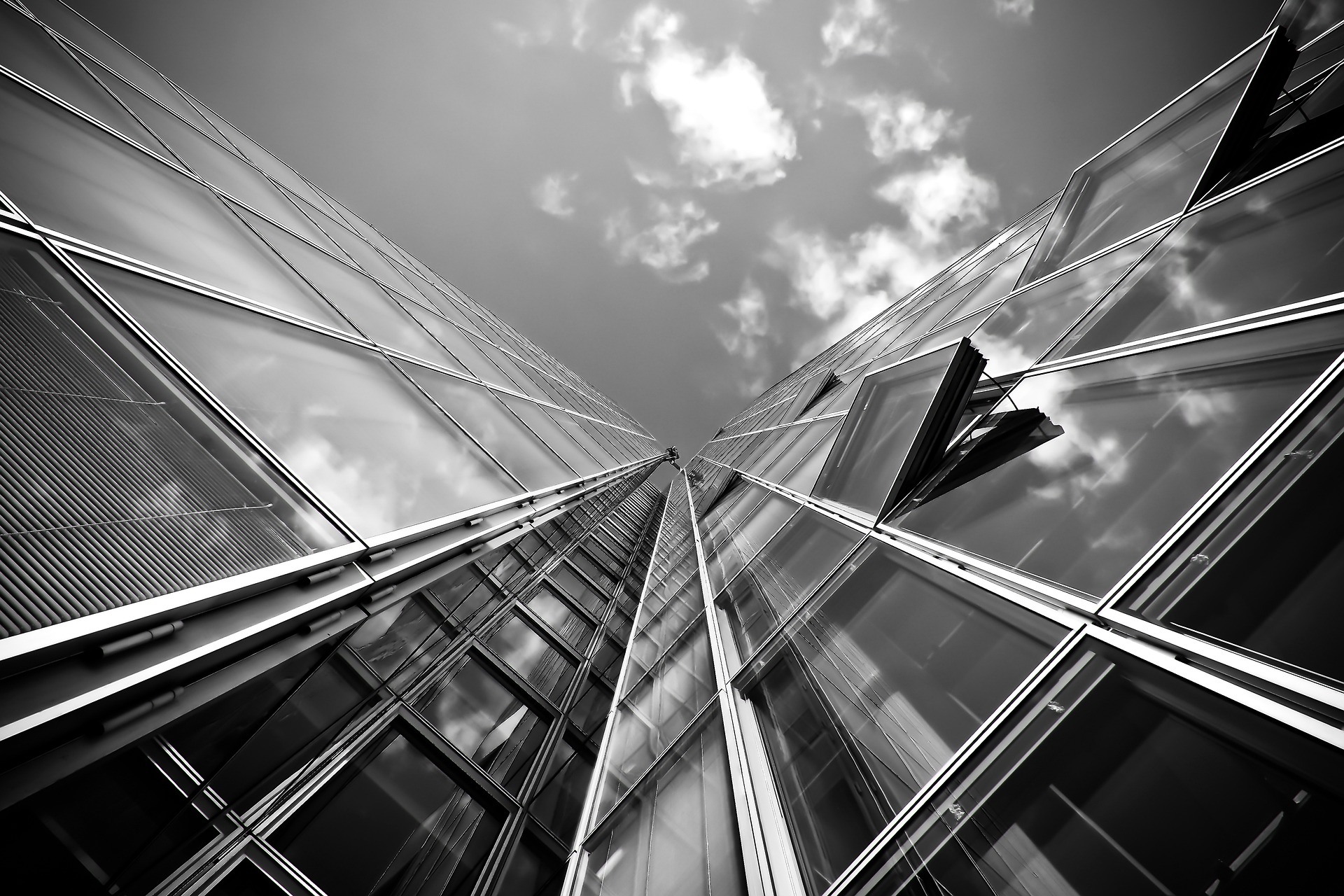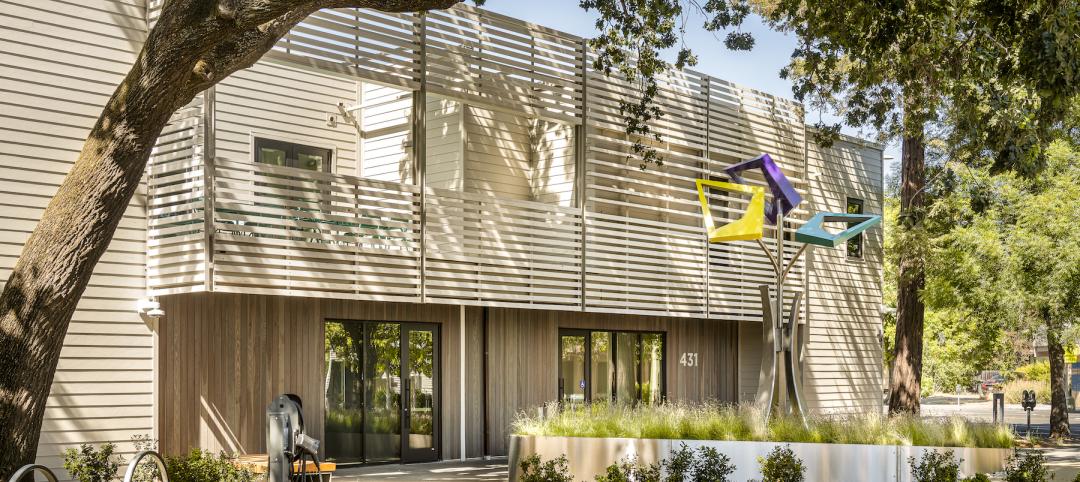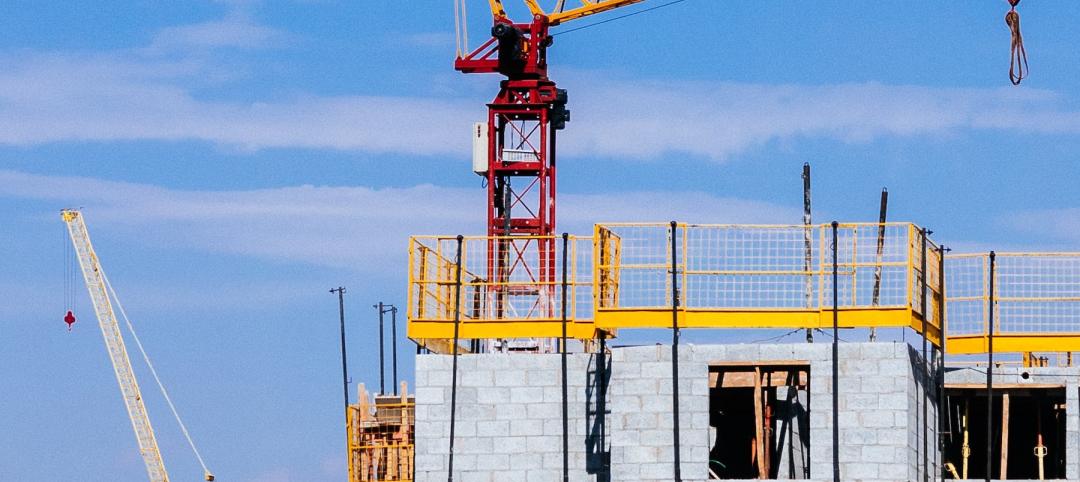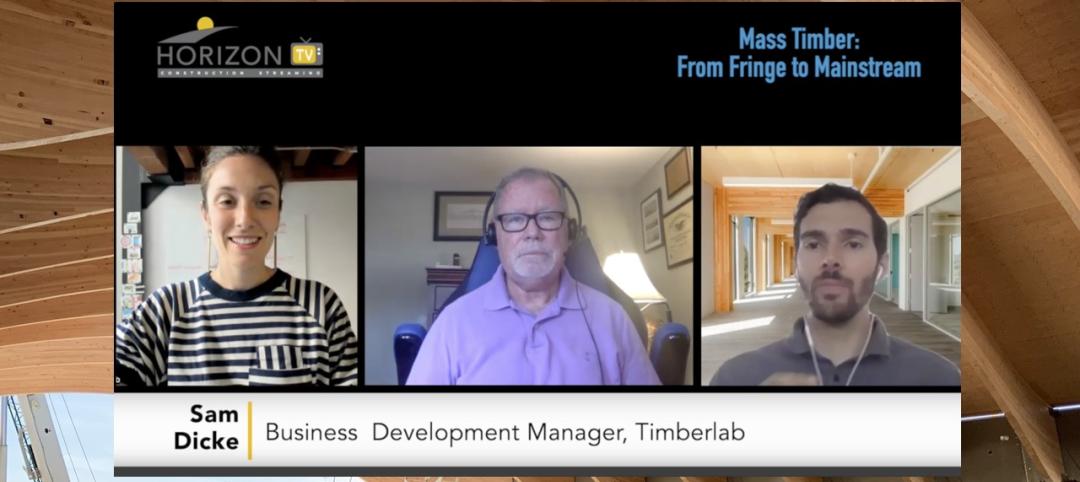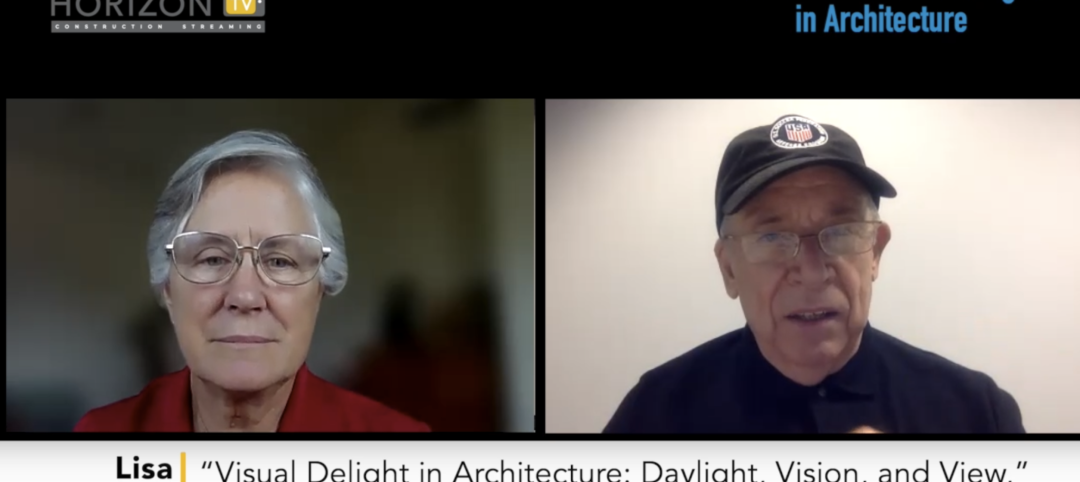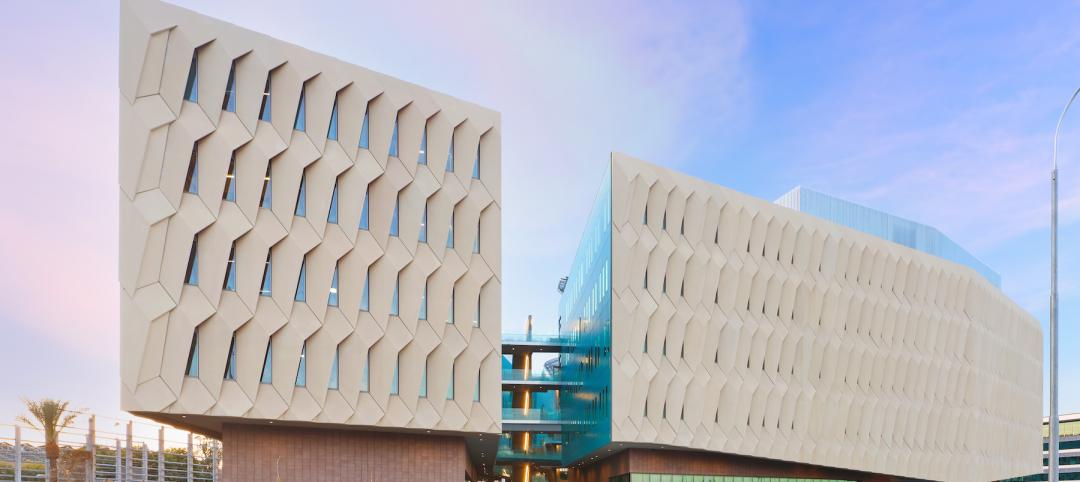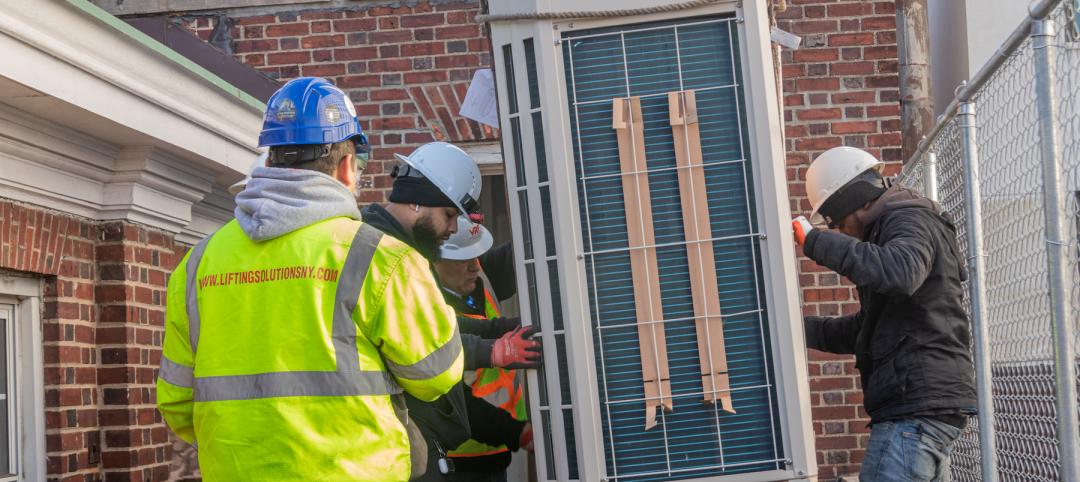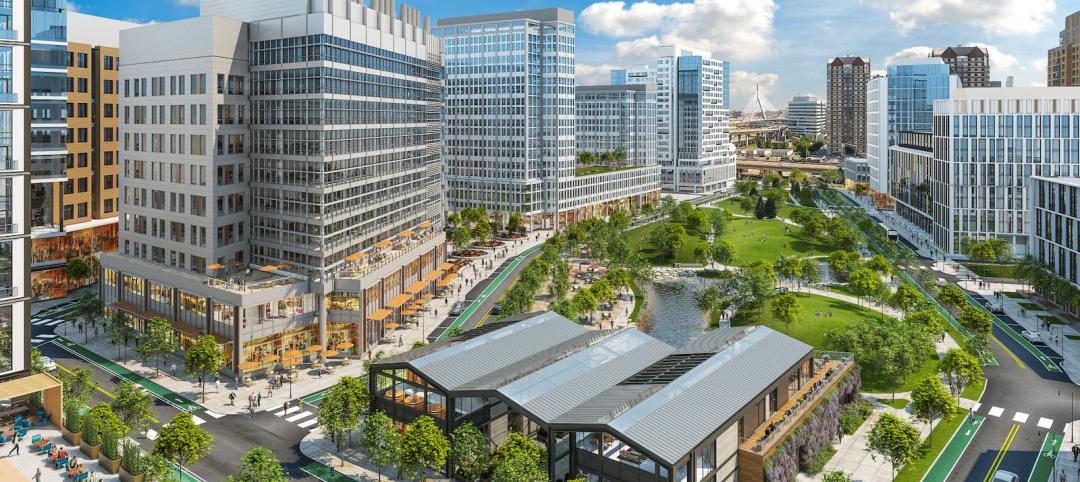The Department of Energy released a Request for Information (RFI) for feedback from industry, academia, research laboratories, government agencies, and other stakeholders on a draft national definition for a Zero Emissions Building.
Responses will help serve as a clear market signal and consistent target, backed by measurable data, that is intended to help move the building sector to zero emissions, according to a statement from DOE. Developing a broadly accepted common definition of a zero emissions building, as well as a pathway for verification, is foundational to transition the building sector to zero emissions, the statement says.
The definition will act as a framework, offering designers and builders multiple pathways to influence the design and operation of buildings to reduce building sector emissions. Almost 30% of U.S. GHG emissions are from operating buildings, with 13% of U.S. GHG emissions from direct burning of fossil fuels within buildings.
Buildings contribute an even higher percentage of U.S. GHG emissions when factoring in emissions from construction materials and refrigerants. Part 1 of the definition will focus on zero operating emissions. Future parts of this definition will likely include embodied carbon, refrigerants, and other key elements.
As is proposed currently, the definition of a zero operating emissions building is one that is:
- Highly energy efficient
- Free of on-site emissions from energy use
- Powered solely from clean energy
Part 1 of the draft definition in full, which includes details on the criteria above, is available at: https://www.energy.gov/eere/buildings/national-definition-zero-emissions-building.
Responses to this RFI must be submitted electronically to https://forms.office.com/g/Y0Ss3UFdL3, no later than 5:00 pm (ET) on Feb. 5, 2024.
Related Stories
University Buildings | Nov 13, 2022
University of Washington opens mass timber business school building
Founders Hall at the University of Washington Foster School of Business, the first mass timber building at Seattle campus of Univ. of Washington, was recently completed. The 84,800-sf building creates a new hub for community, entrepreneurship, and innovation, according the project’s design architect LMN Architects.
Industry Research | Nov 8, 2022
U.S. metros take the lead in decarbonizing their built environments
A new JLL report evaluates the goals and actions of 18 cities.
Green | Nov 8, 2022
USGBC and IWBI will develop dual certification pathways for LEED and WELL
The U.S. Green Building Council (USGBC) and the International WELL Building Institute (IWBI) will expand their strategic partnership to develop dual certification pathways for LEED and WELL.
Green | Oct 5, 2022
In California, a public power provider’s new headquarters serves as a test case for an innovative microgrid and for reducing greenhouse gas emissions
Sonoma Clean Power (SCP), the public power provider for California’s Sonoma and Mendocino Counties, recently unveiled its new all-electric headquarters.
Green | Oct 3, 2022
California regulators move to ban gas heaters for existing buildings
California regulators voted unanimously recently on a series of measures that include a ban on the sale of natural gas-powered heating and hot water systems beginning in 2030.
Mass Timber | Aug 30, 2022
Mass timber construction in 2022: From fringe to mainstream
Two Timberlab executives discuss the market for mass timber construction and their company's marketing and manufacturing strategies. Sam Dicke, Business Development Manager, and Erica Spiritos, Director of Preconstruction, Timberlab, speak with BD+C's John Caulfield.
Daylighting | Aug 18, 2022
Lisa Heschong on 'Thermal and Visual Delight in Architecture'
Lisa Heschong, FIES, discusses her books, "Thermal Delight in Architecture" and "Visual Delight in Architecture," with BD+C's Rob Cassidy.
Sponsored | | Aug 4, 2022
Brighter vistas: Next-gen tools drive sustainability toward net zero line
New technologies, innovations, and tools are opening doors for building teams interested in better and more socially responsible design.
Green | Jul 26, 2022
Climate tech startup BlocPower looks to electrify, decarbonize the nation's buildings
The New York-based climate technology company electrifies and decarbonizes buildings—more than 1,200 of them so far.
Sustainable Development | Jul 14, 2022
Designing for climate change and inclusion, with CBT Architects' Kishore Varanasi and Devanshi Purohit
Climate change is having a dramatic impact on urban design, in terms of planning, materials, occupant use, location, and the long-term effect of buildings on the environment. Joining BD+C's John Caulfield to discuss this topic are two experts from the Boston-based CBT Architects: Kishore Varanasi, a Principal and director of urban design; and Devanshi Purohit, an Associate Principal.


